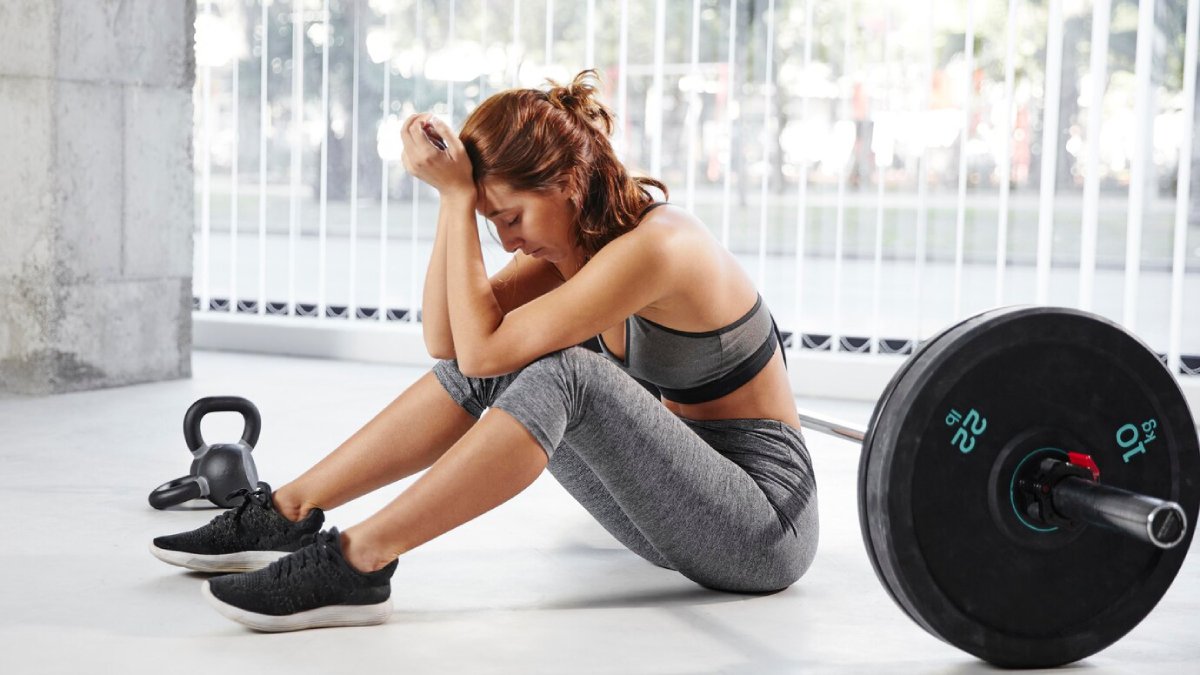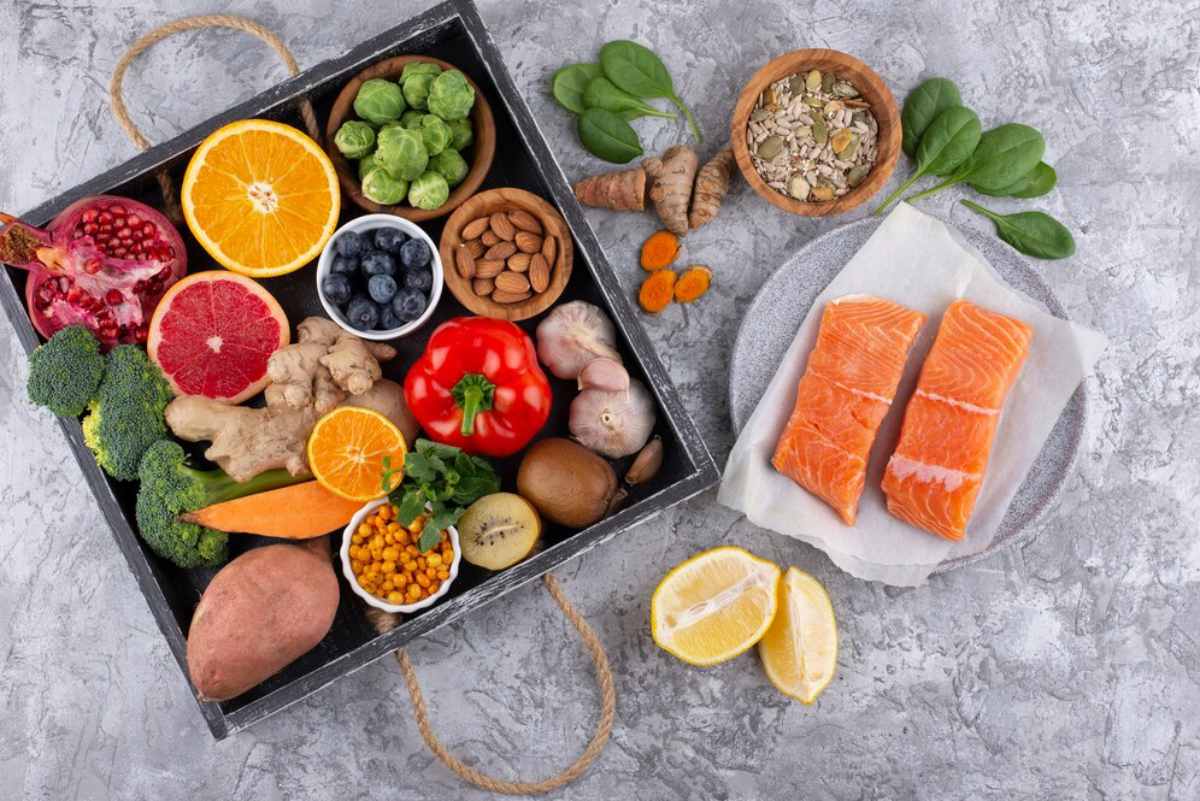
Best Post-Workout Meals for Muscle Recovery
Post-workout nutrition matters for everyone, from serious athletes to casual gym-goers. The proper recovery meals boost your performance, muscle growth, and well-being.
However, nutrition post-workout is crucial for fitness success. Your body needs nutrients to repair muscles, replace glycogen, and reduce soreness after an intense workout. This leads the many people who misunderstand recovery meals to make poor choices. This blog will educate you about post-workout nutrition and give you expert advice on the best meals for muscle recovery based on protein synthesis and health.
Everyone from serious athletes to casual gym-goers should consider post-workout nutrition. The proper recovery meals can enhance your performance, muscle growth, and well-being. Let’s explore why these meals are important and how to optimise them.
Key Benefits of Post-Workout Nutrition
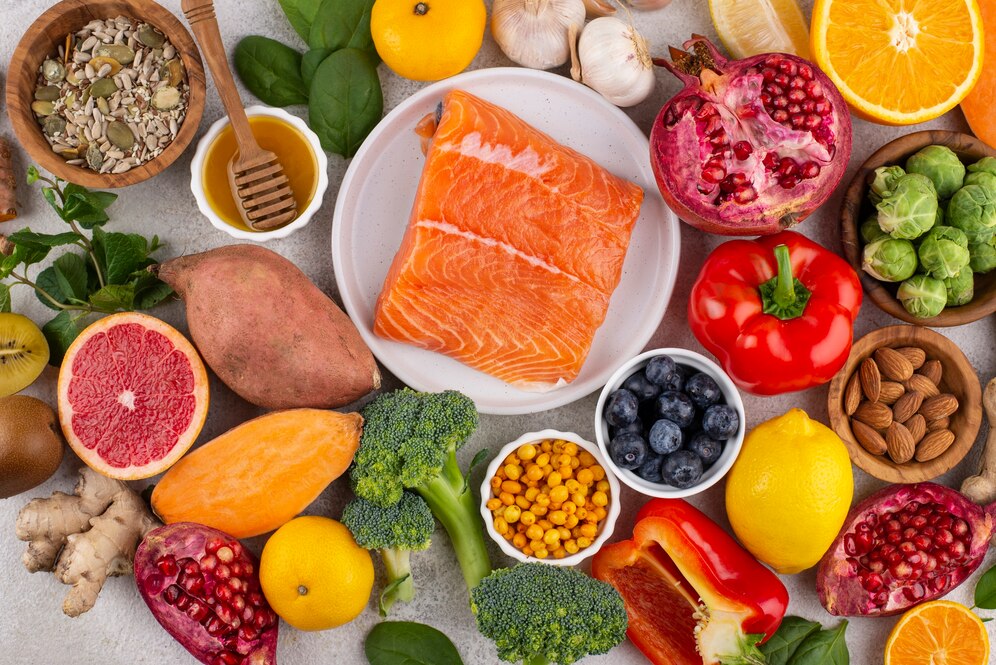
Why It Matters
After exercise, your body is recovering, and your food choices can enhance or hinder this process. Here’s why post-workout nutrition is crucial:
- Promotes Protein Synthesis: Eating protein-rich foods after a workout boosts muscle repair and growth.
- Replenishes Glycogen Stores: Exercise depletes glycogen, the stored form of carbs in muscles. Eating carbs post-workout helps refill these stores for future energy.
- Reduces Muscle Soreness: Proper nutrition can lessen delayed onset muscle soreness (DOMS), speeding up recovery.
- Supports Immune Function: Intense workouts can weaken the immune system. The proper nutrients help maintain immune health.
- Enhances Overall Recovery: A balanced post-workout meal aids in recovery, preparing you for your next workout.
Real-Life Applications
Imagine finishing a harsh workout feeling spent. You grab a protein shake and a banana, knowing this combo will kickstart your recovery. The protein helps repair muscles, while the banana restores glycogen. This simple meal shows how nutrition directly impacts recovery and performance.
Step-by-Step Guide to Optimising Post-Workout Meals
Step 1: Timing is Key
Eat your recovery meal within 30 to 60 minutes after exercising. This window is when your muscles absorb nutrients best, maximising benefits.
Step 2: Prioritise Protein
Protein is essential for muscle recovery. Aim for 20 to 30 grams of high-quality protein. Good sources include lean meats, poultry, fish, eggs, dairy, and plant-based options like tofu.
Example: Grilled Chicken and Quinoa Salad
A grilled chicken and quinoa salad makes a great post-workout meal. Chicken offers lean protein, while quinoa provides all nine essential amino acids. Add leafy greens and olive oil for extra nutrients and healthy fats.
Step 3: Incorporate Carbohydrates
Carbs are key for replenishing glycogen. Choose complex carbs like whole grains, fruits, and vegetables for lasting energy.
Example: Sweet Potato and Black Bean Bowl
A sweet potato and black bean bowl is nutrient-rich. Sweet potatoes give complex carbs and vitamins, while black beans add protein and fibre.
Step 4: Include Healthy Fats
Healthy fats support hormone production and overall health. Include avocados, nuts, seeds, and olive oil in your meals.
Example: Avocado Toast with Smoked Salmon
Avocado toast topped with smoked salmon is a tasty way to add healthy fats. The avocado has heart-healthy fats, and the salmon provides omega-3s and protein.
Step 5: Stay Hydrated
Hydration is essential for recovery. Drink plenty of water and consider an electrolyte drink if your workout is intense.
Additional Expert Tips & Common Mistakes to Avoid
Best Practices
- Listen to Your Body: Notice how different foods affect you and adjust your meals.
- Variety is Key: Mix foods to get a broad range of nutrients.
- Plan Ahead: Prepare meals in advance to avoid unhealthy options when hungry.
Common Mistakes
- Skipping Meals: Not eating after a workout can slow recovery and muscle growth.
- Over-reliance on Supplements: While protein shakes can help, whole foods should be your nutrition base.
- Ignoring Carbohydrates: Focusing only on protein while neglecting carbs can hurt recovery.
Advanced Insights & Expert Recommendations
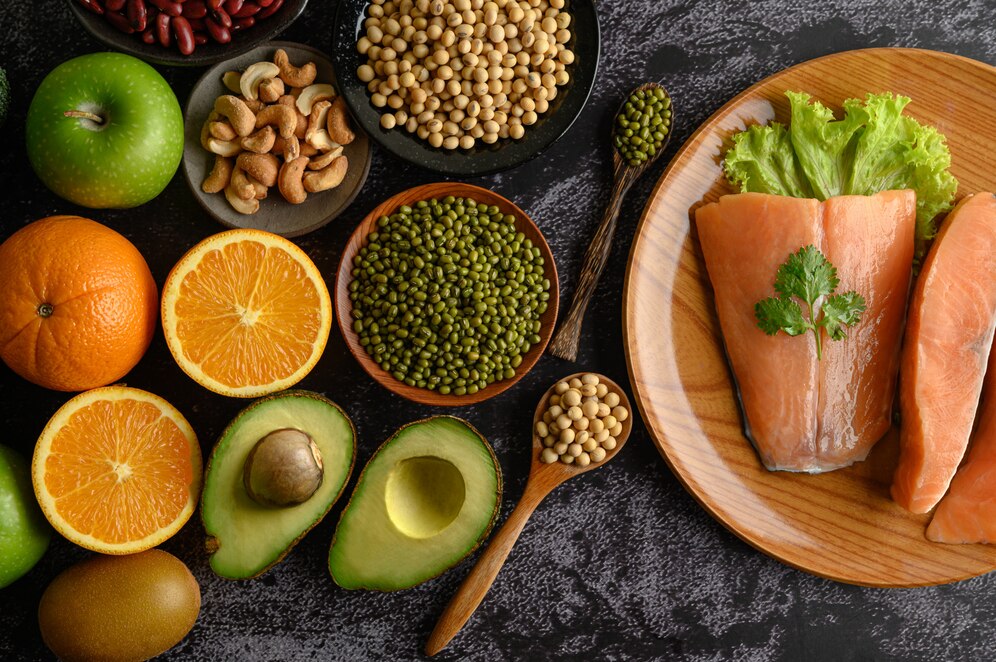
Unique Industry Perspectives
- Personalised Nutrition: Work with a nutritionist to tailor your meals to your needs.
- Leucine-Rich Foods: Leucine boosts protein synthesis. Foods like eggs, chicken, and soy are excellent sources.
- Anti-Inflammatory Foods: Include turmeric, ginger, and berries to reduce soreness and support recovery.
Lesser-Known Insights
- Timing Carbohydrate Intake: Eating carbs right after exercise can improve glycogen resynthesis, especially if you train multiple times daily.
- Protein Distribution: Spread daily protein intake to maximise muscle protein synthesis.
Fuel Your Body for Optimal Recovery
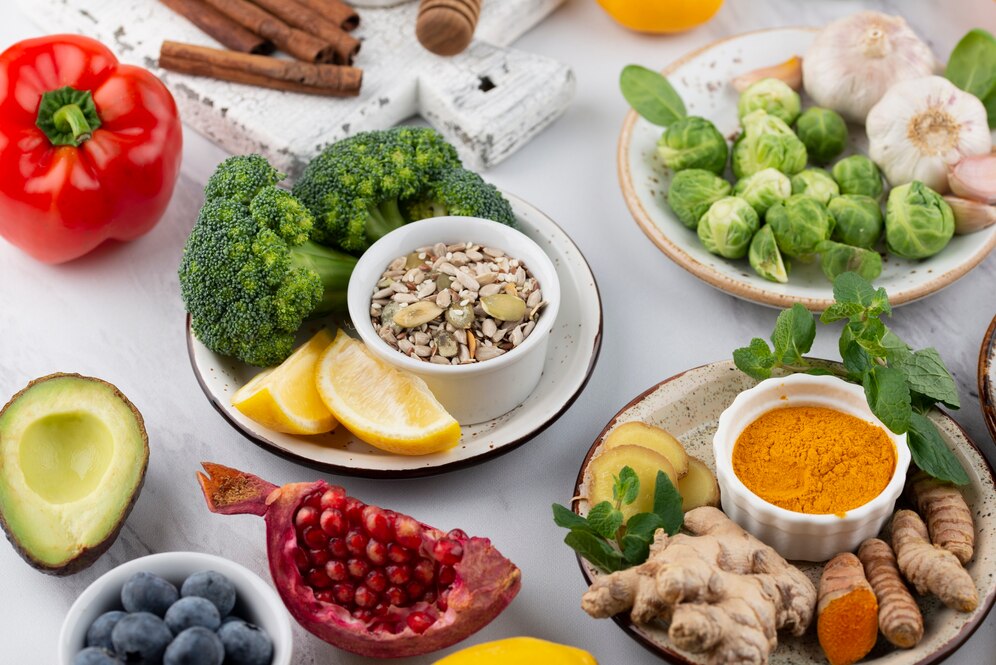
After a workout, what you eat is critical to your fitness journey. Instead, with a goal of balanced nutrition, you aid recovery, support health, and achieve your fitness goals. Focus on protein, then macronutrients, and fats. Follow your body, common pitfalls, and advanced strategies for maximum effect.
As you advance in your fitness journey, consider how your post-workout nutrition may change. What does your next recovery meal look like? Let us know in the comments.
Investing in your post-workout nutrition fuels your body and lays the groundwork for long-term fitness success.
